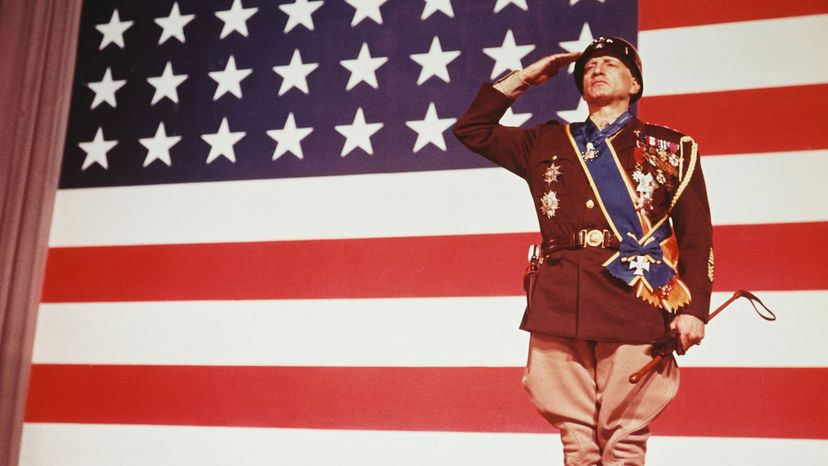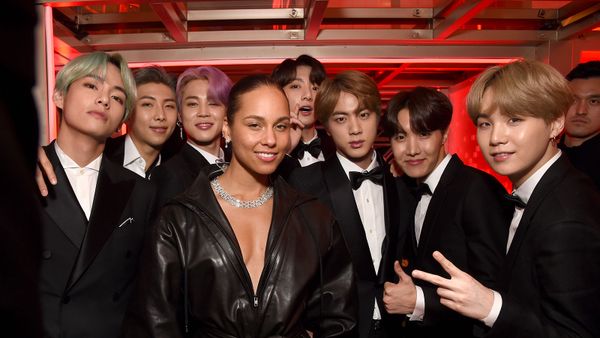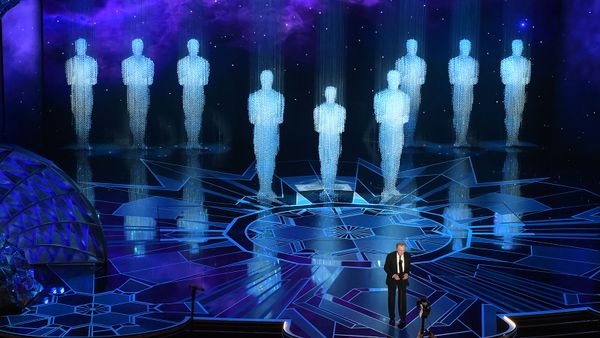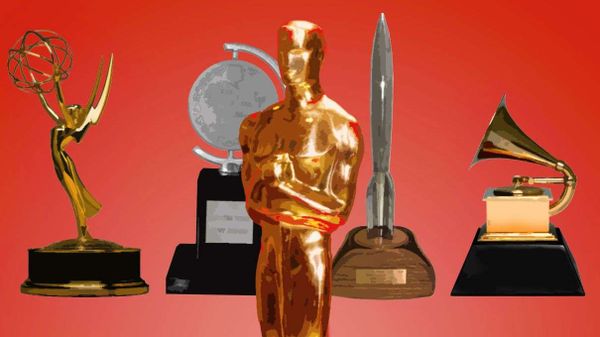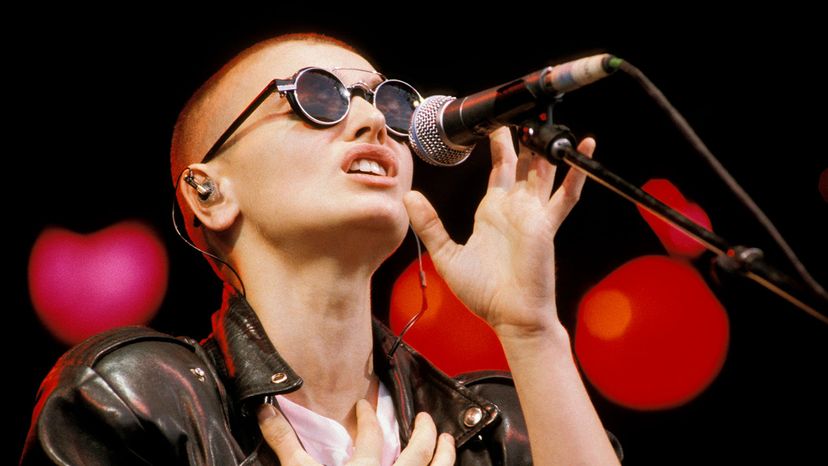
For most creative artists, receiving a Grammy, Academy Award or other coveted industry prize is a high honor that validates their talent and hard work. For others, the red carpet interviews and envelope-opening suspense of annual award shows are just self-congratulatory nonsense.
Woody Allen famously excused himself from all Oscars ceremonies claiming they conflicted with a standing clarinet gig at a local pub. (Allen presented once at the Academy Awards in 2002 to honor New York City films after 9/11.) And Katherine Hepburn, despite winning four Oscars, never collected her awards in person, but neither Hepburn nor Allen rejected their awards outright.
Advertisement
The list of actors and musicians who have taken the bold step of refusing a major industry award or nomination is short, but it's full of people taking stands for injustice or simply rejecting the very idea of creative awards outright.
